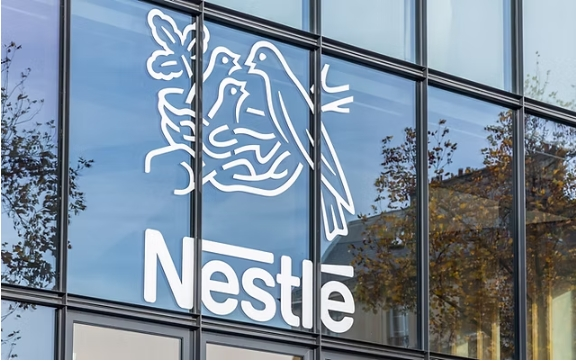To increase recyclability, Nestlé Nigeria has added new clear caps to all of its Pure Life bottled water products. All bottle sizes, except for Nestlé Pure Life Protect, now have clear caps, which were first used with the introduction of the 33cl Nestlé Pure Life bottles.
The clear cap reduces plastic waste and encourages a circular economy by removing the conventional blue colour pigmentation, which makes it simpler for recyclers to identify, sort, and repurpose the material. This change reinforces Nestlé Nigeria’s long-term commitment to more sustainable packaging solutions.
According to Olutayo Olatunji, Business Executive Officer at Nestlé Waters, who discussed the company’s choice to implement the clear cap: “At Nestlé Pure Life, caring for our consumers and for the planet in every possible way has always been at the heart of what we do. We remain passionate about delivering safe, quality water, and we’re equally committed to protecting our planet. The clear cap isn’t just a design update; it is a reflection of our deeper commitment to sustainability. From being the first and the only water brand to introduce 50% rPET in our bottles, which cuts virgin plastic use by half, to now eliminating colored bottle caps, every step we take is intentional, aimed at creating a 360-hydration experience that prioritises both people and the planet.”
Continuing, for progressive businesses, packaging innovation has emerged as a potent force for good as discussions about plastic pollution and environmental responsibility continue to gain traction, BrandSpur news brand reports.
The company’s dedication to this change was underlined by Victoria Uwadoka, Corporate Communications, Public Affairs, and Sustainability Lead, Nestlé Nigeria. She has this to say: “At Nestlé, sustainability is not a buzzword; it is a responsibility. Introducing the clear cap represents a meaningful shift in how we design with purpose. Across our brand categories, we are thinking beyond function to impact, creating packaging that works for consumers, supports our recycling partners, and protects the planet.”
It is worth noting that Nestlé’s global goal to have all of its packaging recyclable or reusable by 2025 is supported by this development. In the local context, it represents the company’s continuous endeavours to facilitate a more sustainable hydration experience in Nigeria, one that satisfies changing customer demands while protecting the environment for future generations.




